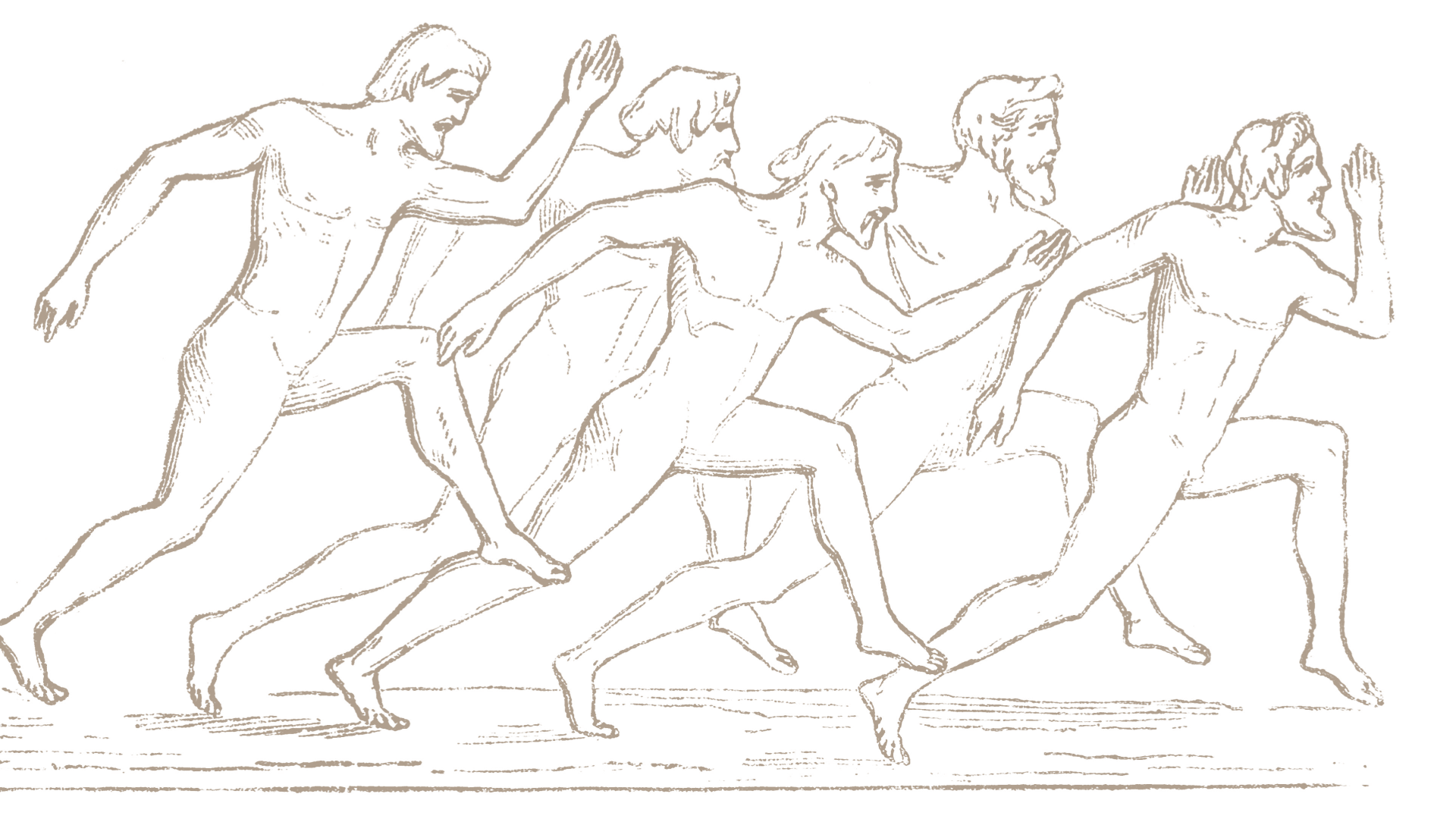Just in Time for Father’s Day: Survey Shows Support for Paternity Leave Is Surging
June 16, 2023
- Author
- Jay Pfeifer

A new survey shows that support for parental leave for fathers is surging, with respondents calling for fathers to get 10.5 weeks of parental leave on average.
That’s more than double a 2017 Pew survey finding that showed support for an average of only 4.3 weeks for fathers.
Researchers from Davidson College, Ball State, and Purdue found that support for maternity leave continues to increase as well, with support for an average of 16 weeks for moms (the same Pew survey showed support for 8.6 weeks).
“There is no question that Americans want paid parental leave, and they increasingly recognize that this is important for fathers as well as mothers,” said Gayle Kaufman, Chair & Nancy and Erwin Maddrey Professor of Sociology at Davidson College. Kaufman was joined by Richard Petts, Trenton Mize and Taryn Wield.
Their paper is available here.
WHAT THIS MEANS
- Despite the growing support, the United States is the only industrialized country with no universally available paid maternity leave and one of a diminishing number without paid paternity leave.
- These findings highlight support for paid parental leave, which has implications for policy, including the potential to support the Build Back Better legislation or similar federal legislation on family leave, such as the FAMILY Act, which was reintroduced with some revisions on May 17.
- The findings also suggest a growing appetite for equality among parental leave. Respondents with more egalitarian attitudes (those who thought fathers should be as involved as mothers in childcare and mothers should support the family financially) preferred a smaller gap between maternity and paternity leave than those with more traditional attitudes. Respondents with traditional attitudes thought mothers should get 7.5 more weeks of parental leave than fathers, while those with more egalitarian attitudes thought mothers should get 3 more weeks of parental leave than fathers.



